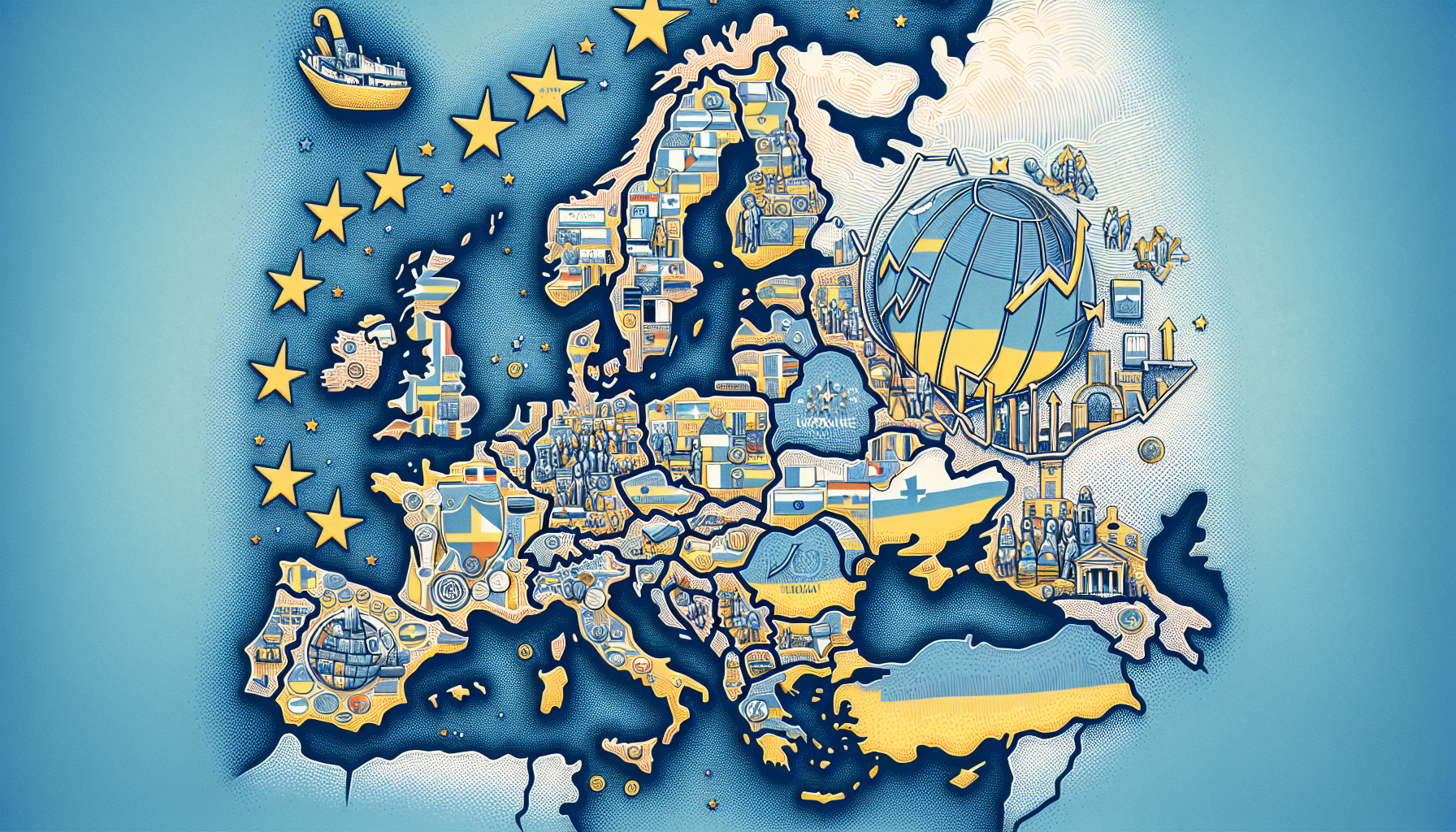EU’s Sanction Relief Tied to Russia’s Complete Withdrawal from Ukraine
Introduction to the European Union’s Stance on Sanctions Against Russia
The European Union (EU) has outlined specific conditions for altering or lifting sanctions against Russia. Central to these conditions is the complete and unconditional withdrawal of all Russian troops from Ukrainian territory. This stipulation underscores the EU’s commitment to upholding international law and promoting peace and stability in the region. The EU’s position has far-reaching implications for entrepreneurs and citizens alike, affecting everything from economic stability to international relationships.
Stability and Security: A Priority for Entrepreneurs
For entrepreneurs, stability and security are crucial components that influence economic relations and investment opportunities. The withdrawal of Russian troops from Ukraine could potentially restore economic activity in the region, leading to reduced risks and increased investor confidence. The EU’s firm stance provides a framework for anticipating future economic climates, allowing businesses to strategize accordingly.
The Impact of Economic Sanctions
Sanctions imposed on Russia encompass a wide range of economic restrictions, including trade barriers and financial constraints. These measures have significant repercussions on various sectors, necessitating a deep understanding of the conditions required for their removal. Entrepreneurs can leverage this knowledge to make informed decisions about future investments and business strategies, aligning their operations with potential shifts in international policies.
Political Stability and Its Implications for Citizens
For the general public, the EU’s conditions for altering sanctions highlight the direction of political decisions that could affect their daily lives. This includes economic, security, and international relations aspects. Understanding these political dynamics is essential for citizens to anticipate changes that may impact their livelihoods and to engage more proactively with policy developments.
International Relations and Global Policy
The EU’s position on sanctions against Russia reflects broader international relations dynamics, influencing global politics and economic interactions. These international policies can have trickle-down effects on local economies, making it imperative for both businesses and individuals to stay informed about global developments. The EU’s stance serves as a barometer for future diplomatic and economic engagements, guiding stakeholders in navigating the complexities of international affairs.
Conclusion: Navigating the Future
This article serves as a valuable resource by providing a clear understanding of the conditions necessary for changing or lifting sanctions. It aids entrepreneurs and citizens in grasping future prospects, enabling them to plan their actions accordingly. By staying informed about the EU’s stance and its implications, stakeholders can better position themselves in a rapidly evolving geopolitical landscape.
Further Reading and Resources
For more detailed insights into the EU’s policies and their implications, readers are encouraged to explore additional resources and analyses. These can provide a more comprehensive understanding of the complex interplay between international sanctions, geopolitical strategies, and economic outcomes.
latest video
news via inbox
Subscribe to the latest news in the world of politics and technology







